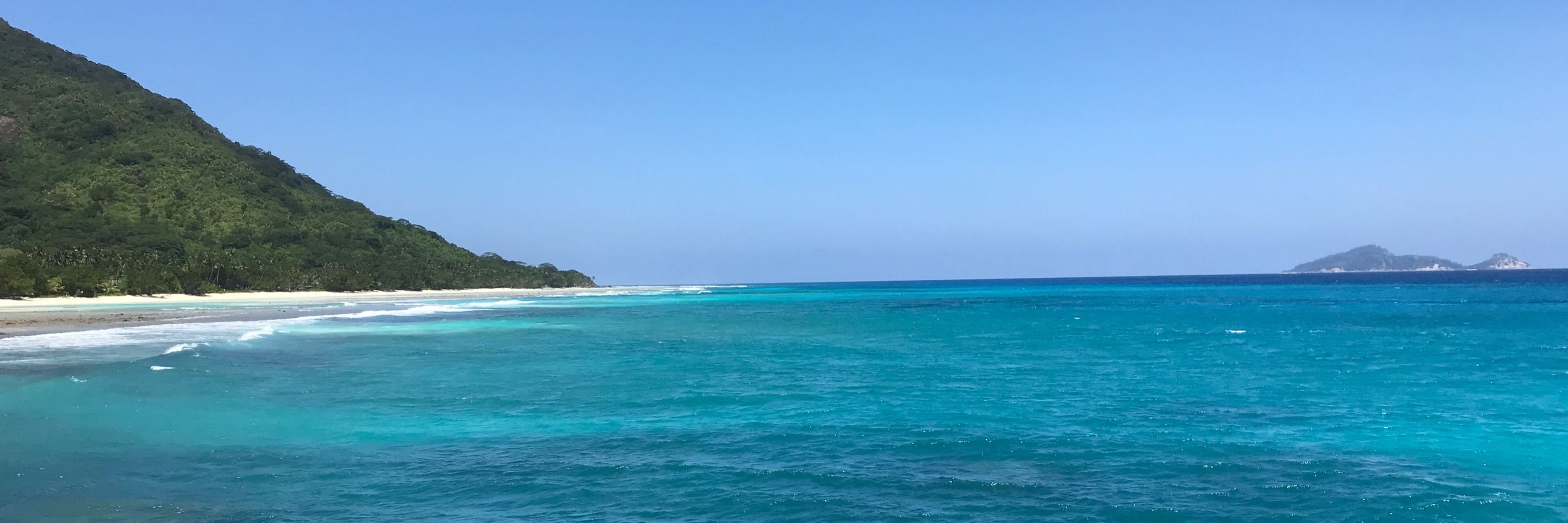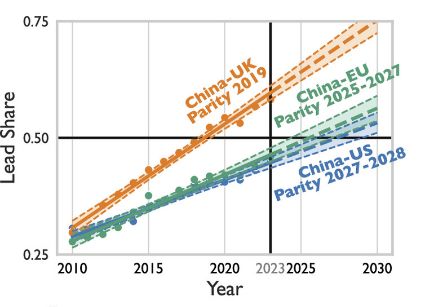
Ecology, global change, wildlife disease, tropical biology, science policy & diplomacy.
Karen R. Lips is a professor of biology at University of Maryland, College Park. Lips' work in the 1990s eventually contributed to the identification of the chytrid fungus as the primary cause of frog decline worldwide. .. more
Reposted by Karen R. Lips

Reposted by Kevin J. Anchukaitis, Karen R. Lips

Reposted by Karen R. Lips

📖 Read the full article: www.science.org/doi/10.1126/...

Reposted by Karen R. Lips

Reposted by Karen R. Lips

Reposted by Karen R. Lips

Reposted by Karen R. Lips
Reposted by Karen R. Lips
Reposted by Karen R. Lips

Reposted by Karen R. Lips

They are learning that without saving nature, we can’t save ourselves 3/5
Reposted by Karen R. Lips, Martin Tomko

Today, thanks to new research, we know they’re actually guardians against disease 1/5
Reposted by Karen R. Lips

It’s the first time a Marburg outbreak has been identified in Ethiopia.
#IDsky 🧪
www.afro.who.int/countries/et...
Reposted by Karen R. Lips

journals.plos.org/plosone/arti...
Reposted by Karen R. Lips, David Leclère

📅 Science-Policy for Biodiversity & Climate: Experiences from Europe, Latin America & Africa
📍 Blue Zone
🕓 16:45-18:15 (local time)
Read more 👉 bioagora.eu/news/bioagor...
Reposted by Karen R. Lips

Reposted by Karen R. Lips

Reposted by Martin Jung, Karen R. Lips, David Leclère

🗓 19 Nov 2025 | 1-2pm CET
📩 Register by 17 Nov: [email protected]
▶️ iiasa.ac.at/early-career...
Reposted by Tim M. Blackburn
Spend your summer at IIASA in Austria with researchers from around the world tackling global challenges.
🧠 For advanced PhD students
🗓️ 1 Jun–28 Aug 2026
⏰ Apply by 12 Jan 2026 (midnight CET)
Build your network. Advance your research: iiasa.ac.at/capacity-dev...

Reposted by Karen R. Lips
Reposted by Karen R. Lips

Read here ⬇️
Reposted by Karen R. Lips

www.statnews.com/2025/11/03/m...
Reposted by Karen R. Lips










